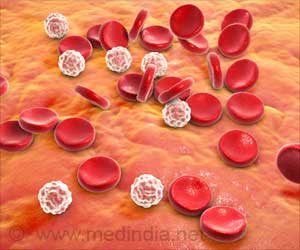Dying cancer patients given fluids will generally live longer, a new study has found.

‘Hydration plays a key role in delaying the dying process of cancer patients, thus patients who are given fluids generally live longer.’





Over a year more than 200 cancer patients, who were in the last week of their life, took part in the study at four cancer centres and eight hospices across the country. All of the participants, aged between 28 and 98 years, were unable to maintain sufficient fluid intake on their own and as a result received it either intravenously, administered directly into a vein, or subcutaneously, delivered under the skin.
They were assessed every four hours, with the teams collecting data on clinical problems, interventions and overall survival.
As well as increasing life by an average of one-and-a-half days, patients' receiving fluids were also found to have good symptom control, and to suffer from minimal side effects.
A further study is now planned to continue to evaluate the role that providing fluids plays in end of life care.
Advertisement
"The results of this study are certainly interesting, but a larger study is needed to confirm the role of clinically assisted hydration at the end of life".
Advertisement
"Nevertheless, for other patients, living an extra day or so may be the worst thing possible."
Dr Agnieszka Michael, Medical Director of the Clinical Trials Unit at the University of Surrey, said: "Hydration of dying patients in palliative care delivers the gift of time however this is not a gift that all patients and their families desire.
"Hydration plays a key role in delaying the dying process, why this is remains unknown. We will be exploring this in further studies and the results from this will help improve quality in end of life care."
Source-Eurekalert















